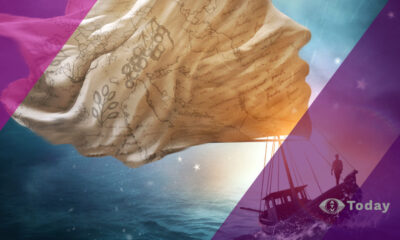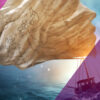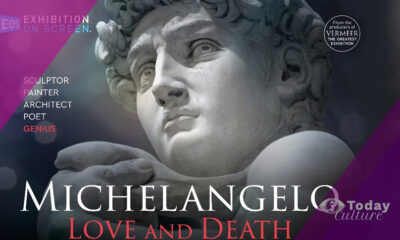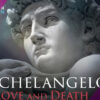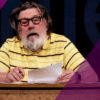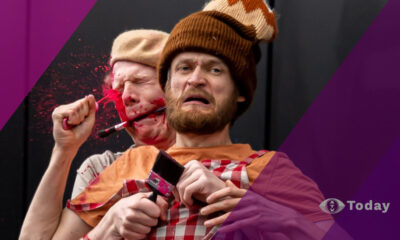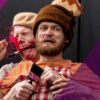The cosmic adventures of two Britons have been named among the greatest space triumphs of all time.
“There is certainly an appetite to see more exploration of space in people’s lifetimes, while also looking back fondly on the amazing experiences so far. The story of the Mercury 7 is one many will not be familiar with but is actually an extraordinary tale.
Being plucked from obscurity to become some of the first to attempt space travel would be a huge event in anyone’s life – let alone taking place in the 1950s before modern technology evolved.” – British Space Scientist and Broadcaster, Dr. Maggie Aderin-Pocock
 Helen Sharman becoming the first British astronaut in space and Tim Peake’s five-month stay on the International Space Station made it into the top 20 moments recognised by fellow Brits.
Helen Sharman becoming the first British astronaut in space and Tim Peake’s five-month stay on the International Space Station made it into the top 20 moments recognised by fellow Brits.
Neil Armstrong’s first steps on the moon, the Apollo 13 crew returning to Earth safely – and Sputnik becoming the world’s first space satellite ranked top.
Research of 2,000 Brits also revealed 35 per cent wished they’d been able to witness the Apollo 11 moon landing first-hand. More than a quarter (27 per cent) admit they’ve become more interested in space following the recently manned Space X launch earlier this year.
It also emerged more than one in 10 (11 per cent) think they’ve got what it takes to become an astronaut – and would be prepared to train for five years to make their dream a reality. The research was commissioned by Disney+, ahead of the premiere on 9th October of The Right Stuff, an original drama series based on the Mercury 7 – the USA’s first astronauts.
“In the relatively short time man has looked to visit space, there have been plenty of momentous occasions. However, many may not know the extraordinary story of the first astronauts to embark on this huge feat.
As such, it’s great to see the Mercury Seven being highly commended by the British public, as creating a new profession of an astronaut.” – A Disney+ spokesperson
Other notable triumphs to capture the nation’s attention was the launch of the first space station, the Salyut 1 in 1971 – as well as the launch of the Hubble telescope in 1990. Research also found one in six Brits (16 per cent) would consider moving to Mars in their lifetime were it a possibility.
However, despite this enthusiasm, knowledge of all things space was not so strong – with 55 per cent of incorrectly identifying the colour of the sun – with 23 per cent thinking it is yellow when it is in fact white.
And three quarters had no idea about the distance in which the Earth’s atmosphere ends and space begins – with one in six (16 per cent) believing it to be 62,000 miles away when it’s actually 62 miles. One in five also thought the Earth was a perfect sphere shape – and only 29 per cent could correctly identify the fact there are eight planets in the solar system.
And staggeringly, nearly a third (32 per cent) thought the moon was closer to the sun in the summer. However, 62 per cent believe an understanding of space is vital for the future of humanity.
Respondents were keen on the idea of becoming a space tourist, even if there was up to two years training involved – with nearly a quarter of Brits (24 per cent) up for experiencing space – and 22 per cent willing to give up their day job for the experience. Also, 77 per cent don’t think travelling to space on holiday is realistic in their lifetime and 42 per cent also believed not enough space exploration has happened in recent years.
“John Glenn is recognised not only for becoming the first American to orbit the earth, but also as the oldest person to have travelled into space at the age of 77, and it’s great to also see Alan Shepard’s achievement as the first American to enter space in 1961 being recognised in this way.” – A Disney+ spokesperson
The Right Stuff is available on Disney+ from Friday 9th October.



